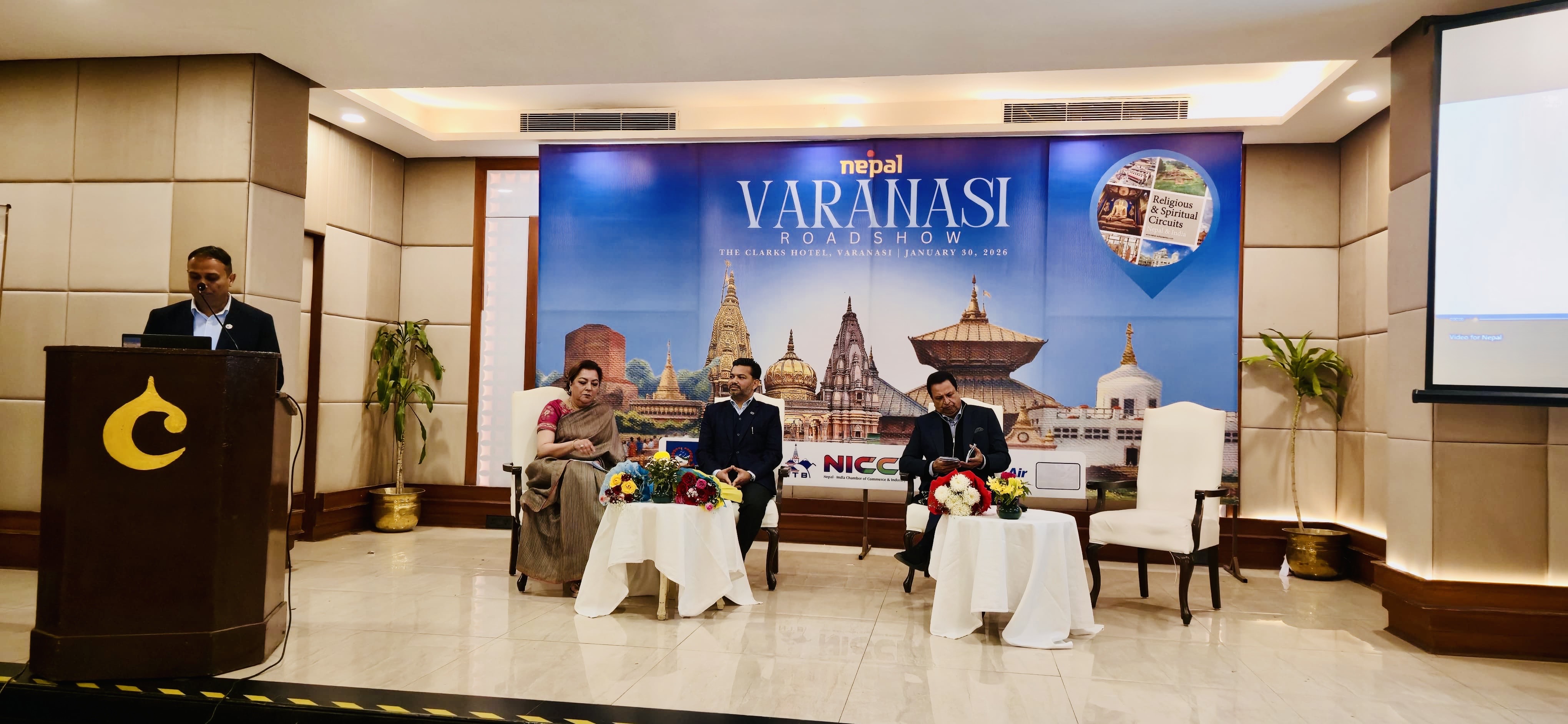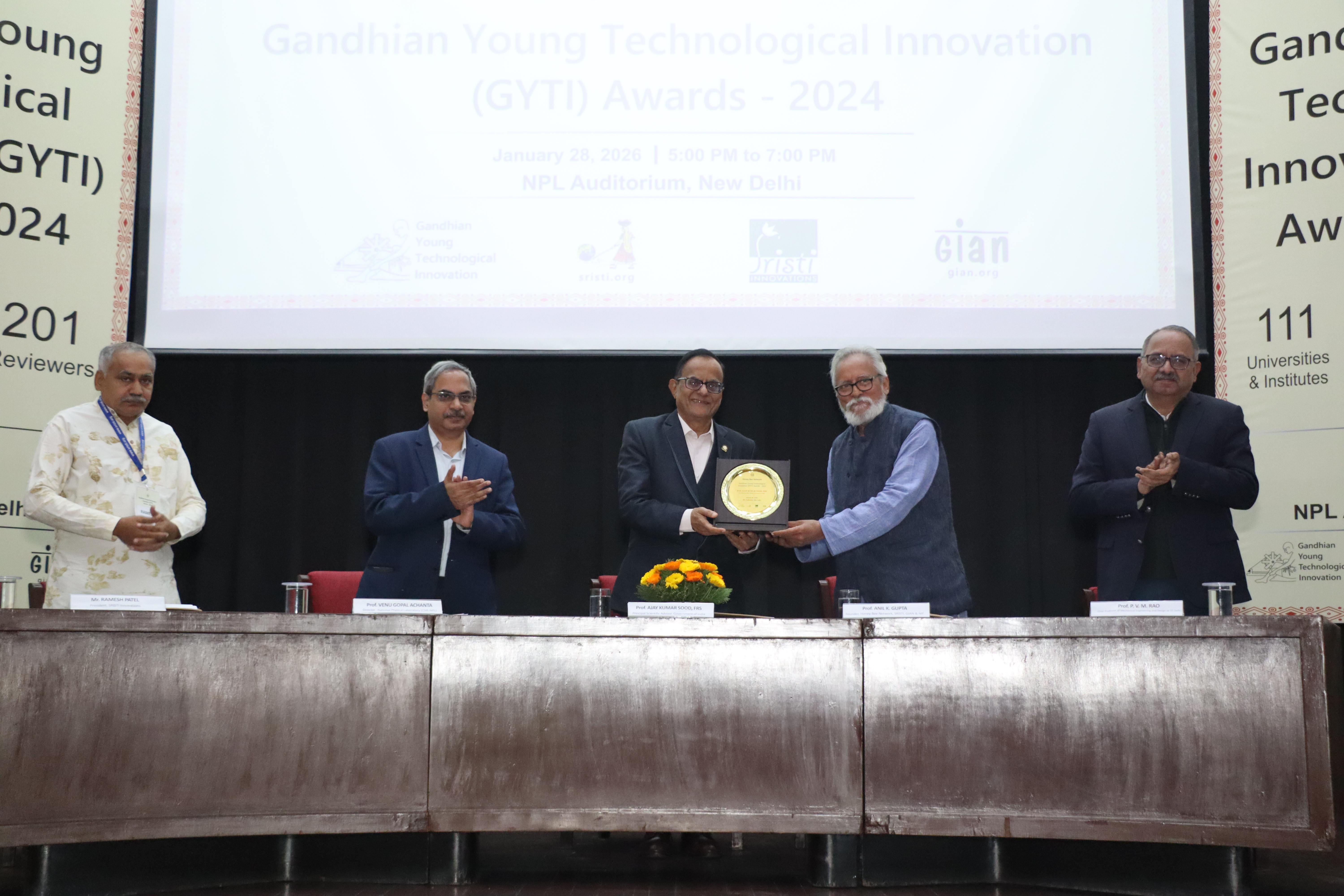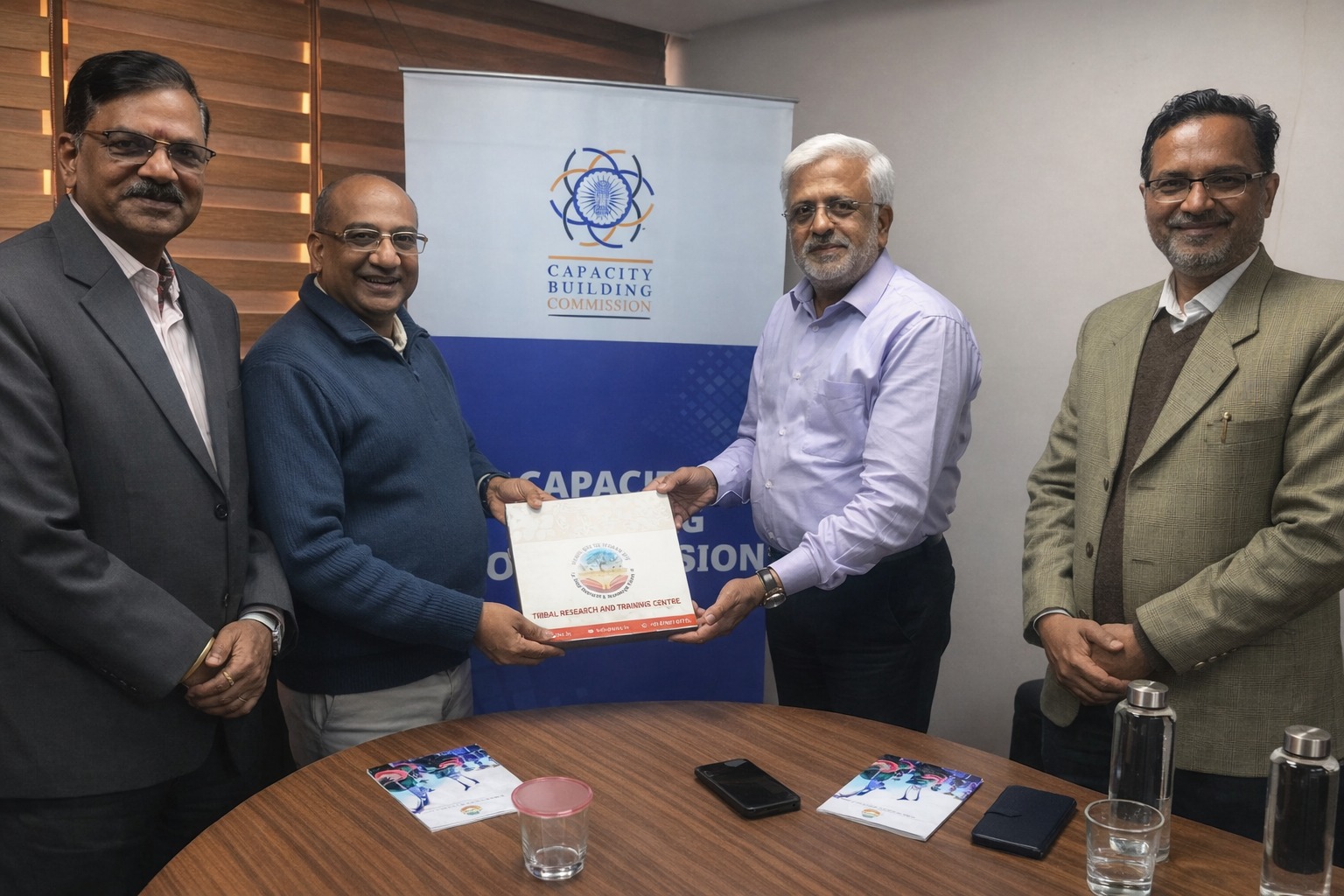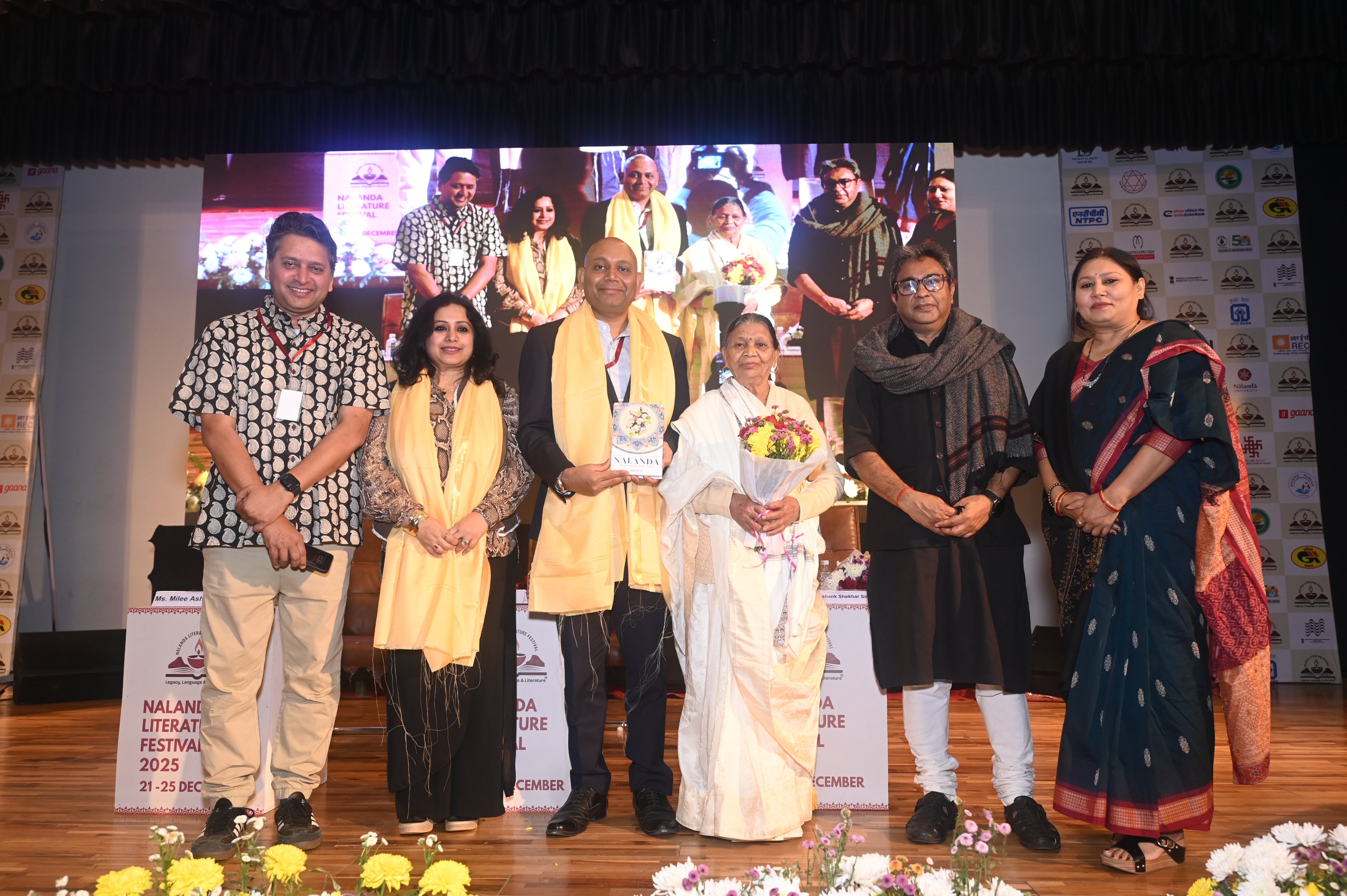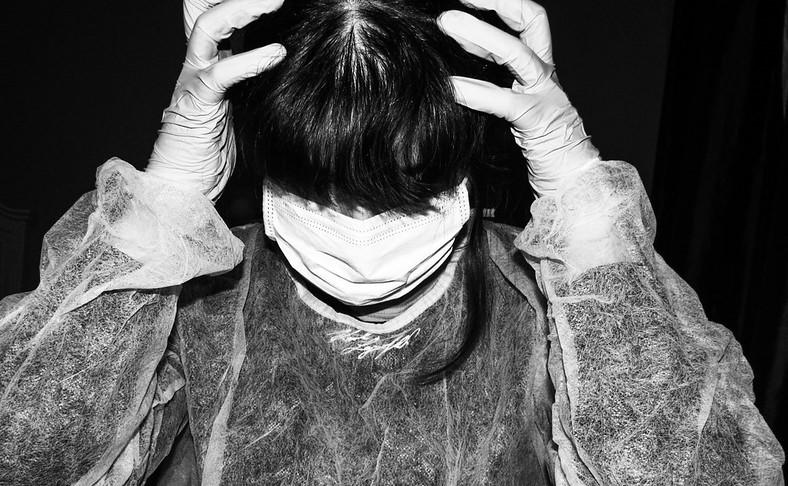
New Delhi: As the country fights multifarious health challenges posed by the pandemic Covid 19, mental healthcare workers are equipping themselves to hone their skills in counselling and treating others and helping those in need.
Like elsewhere in the country, Chhattisgarh has seen an increase in mental health disorders following the Coronavirus infection pandemic. Fear of infection, non-availability of basic amenities, loss of jobs, and financial insecurity were the primary causes of stress, anxiety obsessive compulsive disorder (OCD), worsening of substance abuse, alcohol and tobacco use.
While the number of suicides are being compiled, attempted suicides reported during April to June was 1,382 with as many as 327 reported from Jangir-Champa alone followed by Baloda Bazar and Dhamtari. These districts also account for a high migrant influx. Each month more than 800 counselling sessions were held to pull these people out of self-harming mode.
Close to 20,000 patients visited OPDs for mental healthcare service across the State in April, May and June. The numbers were high in Dhamtari, Bilaspur, Rajnandgaon and Kawardha districts.
The State Mental Health Hospital at Sendri (Bilaspur), Chhattisgarh’s only mental hospital, also saw a gradual increase in the OPD visits between April and June with the numbers rising to 987, 1292 and 1555 respectively.
Additionally, as many as 14,125 people in quarantine centres were examined and 13,715 counselled during this period. Of these, 967 were identified with clinical mental illnesses. The largest number of sessions were held in districts where the migrant inflow was high.
Responding to the need for skilling the mental health professionals to cope with the increase in the mental health disorders in the wake of pandemic, the Department of Health and Family Welfare got 69 counsellors and 34 Medical Officers virtually trained on Mental Health and Psychosocial on COVID-19 issues from the National Institute of Mental Health and Neuro Sciences (NIMHANS). These were deputed as first line response team at District Hospitals.
``We are using telemedicine technology for mental health patients, particularly for COVID-19 response. Tele-consultation also empowered the primary care doctors to effectively deliver mental health services to the underserved population,’’ says Niharika Barik Singh, Secretary, Department of Health and Family Welfare.
“Training of doctors on mental health is an ongoing process and we intend to provide basic mental healthcare services right at the Primary Health Centre level at the earliest as mandated under the Mental Healthcare Act, 2017,’’ she adds.
Those working on the ground found workload increasing all of a sudden. “Routine work was limited to OPD and some home visits. Visits to quarantine centres became a full-time activity for us,’’ says Mr Atit Rao, community nurse, based in Raigarh.
“Our focus during counselling was on clients (migrants) immediate concern which were basic, medical and financial needs. We realized much of it was due to lack of authentic information. So, our foremost job was to explain to them why they were in quarantine, and why it was important for them in the long run and for the protection of their family members and loved ones,’’ Mr Rao explains.
However, he adds that Coronavirus pandemic is a learning opportunity for all health workers. “One may not get the opportunity to witness this kind of a public health crisis for the next 100 years.’’
This sentiment is shared by Prashant Panday, psychiatric social worker at Sendri Mental Hospital, who says all that is known is there is a looming threat of COVID-19. How and where it will come from, no one knows. He believes the pandemic will have a long term impact on people. “Corona like pandemic was never seen in India before, and in Chhattisgarh we hardly have any calamities of this severity, so it is a totally new experience for us. We have a lot of learn from it.’’
Many patients sought tele-consultation and called the helpline for advice. The District Mental Health programme has been rolled out in 27 of the 28 districts with 26 district having fully functional tele-clinics.
Chhattisgarh was already training its doctors on basic mental healthcare to ensure treatment right up to the village level. Under the Chhattisgarh Community Mental Healthcare Tele-mentoring Program (CHaMP), the government has tied up with NIMHANS to train primary care doctors such as Medical Officers and Additional Medical Officers of Community Health Centres and Primary Health Centres. So far, 550 have already been trained against a target of 2,000. Between July 2019 and April 2020, as many as 14,500 patients were treated by these trained doctors at the community level.
The Medical Officers and counsellors, trained with support of NIMHANS-COVID-19, are identifying mental health issues, management and providing psychological support. The trained mental health team in-turn are training ANM, and nurses on psychological first aid. The community health workers (Mitanin) already trained in mental health issues are supporting in early identification and referral.
There was a 10-fold increase in the number of patients treated by these physicians with more than 60,000 patients receiving specialist mental health and addiction care in the past one year.
“The training we had received helped us immensely in dealing with stress and anxiety among people. Breathlessness can be caused by anxiety also. People often mistake breathing issues as COVID-19 symptoms. Importantly, we also realised good communication was critical in dealing with stress and anxiety, and also stigma and discrimination,’’ says Dr Rakesh Premi, Nodal Officer, Mental Health, Baloda Bazaar.
According to Dr Premi, dealing with the present situation has taught him the importance of infectious diseases and stress management at all times and not only during crisis.

